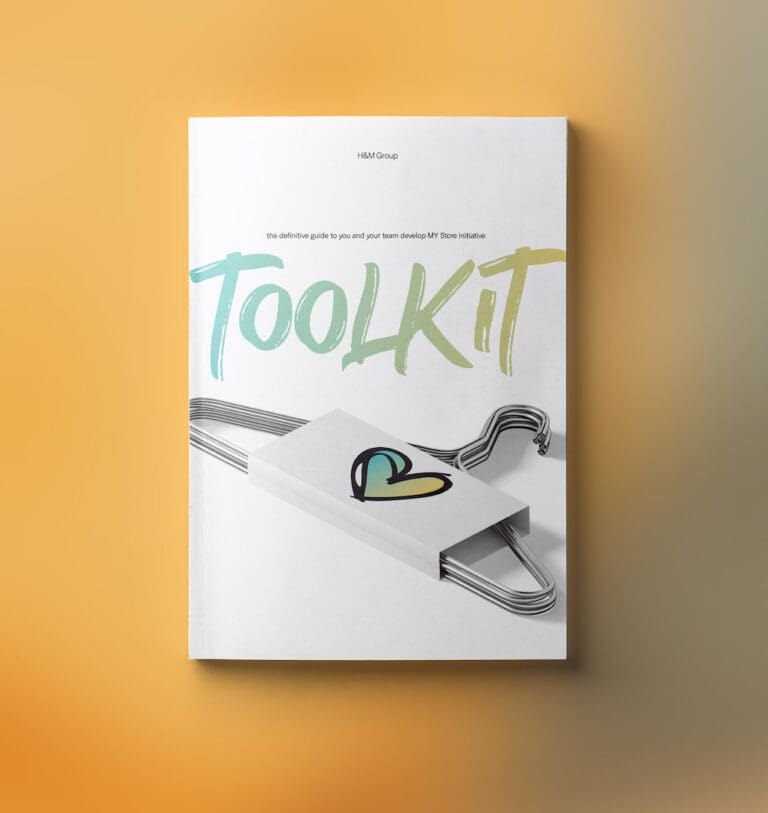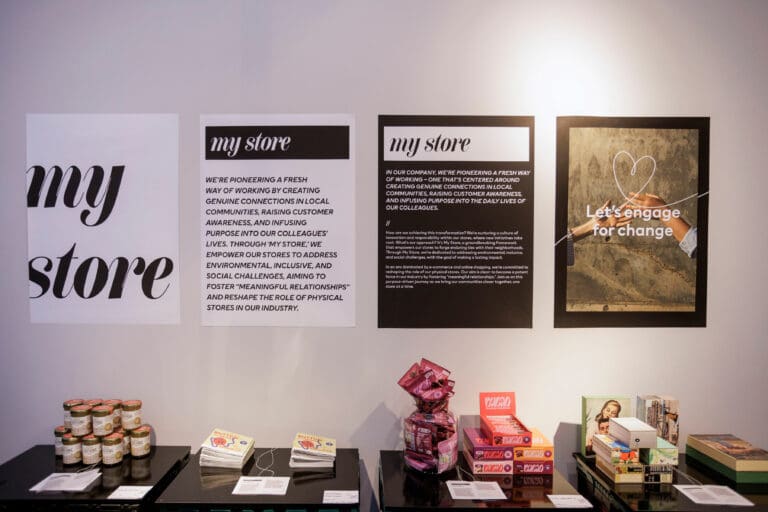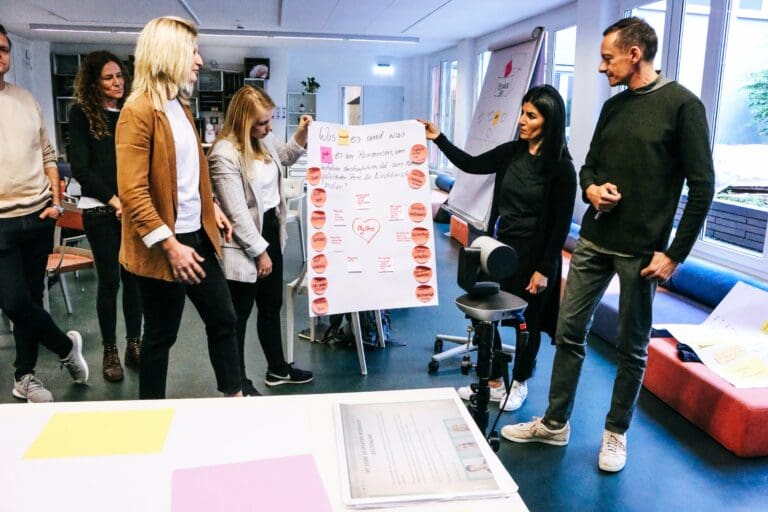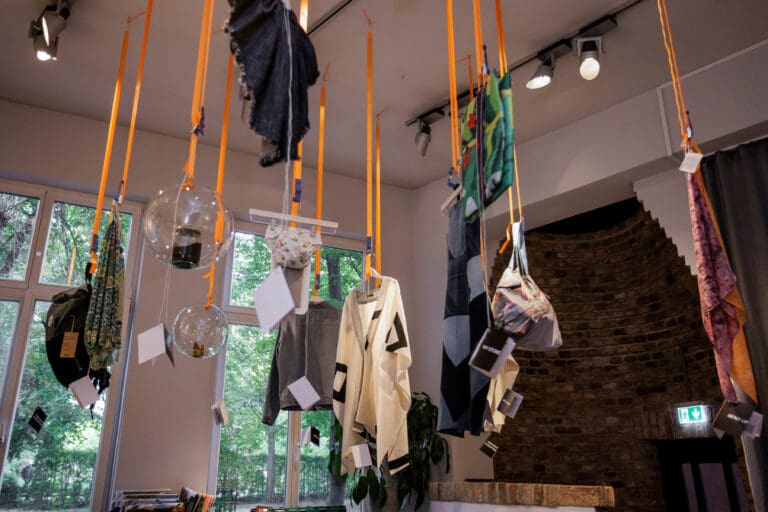One of H&M’s stores in the German city of Kassel is buzzing – quite literally. The store’s roof is home to several beehives. And down on the shop floor amid the latest garments and accessories, customers will also find jars of honey made by the bees in those very hives. It’s part of an initiative with local beekeepers, Kasseler Stadthonig, to raise awareness about the importance of bees in protecting biodiversity.
What does this have to do with selling clothes? On the surface – nothing. But it’s actually part of the answer to two challenges the Swedish retailer wanted to solve: how to retain a connection with customers in its brick and mortar stores amid a boom in online sales, and how to reduce high staff turnover.
In collaboration with The DO, H&M decided to start building a movement called My Store, where employees choose a local issue they care about, and design a meaningful initiative around it.
“Together, we created a framework to allow the stores to suggest, plan and implement their initiative. We support the project with a toolkit, coaching, and a system of sharing best practices,” said Hannah Grover, senior program manager at The DO.
Participation in My Store is completely voluntary for H&M staff. And it’s proven hugely popular. Since its inception in 2019, more than 200 H&M stores in central Europe have launched projects, all with an environmental, social, or inclusiveness profile.




Projects with Purpose
In Munich, for example, store staff are partnering with Weisser Rabe, an organization that employs people with disabilities. They manufacture upcycled bags from H&M’s discarded fabric advertising banners. The bags are then sold in the store, and all the proceeds benefit Weisser Rabe.
Hungry shoppers in a Leipzig branch can buy an eco-friendly chocolate bar from local company Nucao, with proceeds going to support rainforest reforestation.
A branch in Berlin chose to focus on women’s empowerment, with money from sales of locally produced dried flowers supporting women who’ve been affected by domestic violence.
HIGHER EMPLOYEE SATISFACTION
And those are just examples from Germany. My Store has now spread to Austria and the Netherlands, and has engaged more than 1,000 H&M employees.
“We’ve seen that it really creates an impact in the local community,” said Alexandra Grahé, Impact Team Lead at H&M Central Europe. “Customers love it in every store and the satisfaction rate among our teams really increases. The evidence is plain to see across all KPIs, with improved staff retention and lower employee absence.”
Employees report that My Store gives them a stronger connection to their community, and a greater sense of purpose at work. DO Managing Partner Rouven Ramon Steinfeld has overseen the project with H&M, and says its success is proof of concept.
“My Store is a great example of creating movement around a transformative idea within an organization and empowering and allowing employees to drive larger scale change from the bottom up,” Steinfeld said.
In 2024, there are plans to anchor the movement even more deeply within H&M’s culture in Central Europe, ensuring long-lasting partnerships between store staff and their local communities.



